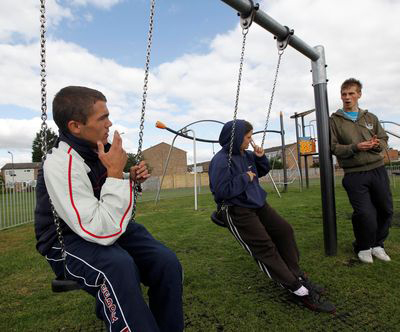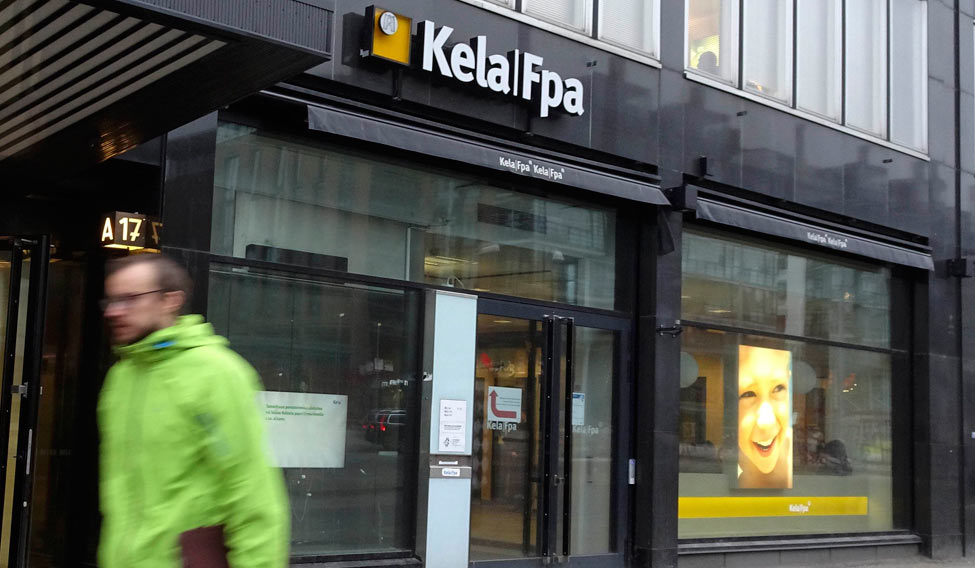Finland has embarked on a social experiment that may change how nations look at social security in future. Finnish social security agency, Kela, is observing how unemployed people will respond to no-strings-attached monthly cash handouts.
People on unemployment benefits are generally hesitant to take up small time jobs as the benefits are cut back once they start earning. In the nationwide experiment, beneficiaries are free to seek job, start a business or acquire more education without fear of losing their assured amount from Kela.
The participants in the experiment include 2,000 Finns, aged 25 to 58 years, who are already on unemployment benefits. These people, randomly chosen by Kela, are provided with a basic income of 560 euros a month for two years. The Finnish government has granted 20 million euros for the pilot project, which began on new year day. The experiment is not hugely expensive for the government as the participants in the universal basic income experiment will only receive almost the same amount as other unemployed Finns. Unconditional and guaranteed monthly income makes the difference for the participants in the project.
The most important part of the pilot study will be done in the second year and the results, which are closely awaited by many governments and NGOs, would be available only in 2019. The conclusion is expected reshape the social security system in many countries.
 The Fiinish project could reshape the social security system in many countries. File Photo: Reuters
The Fiinish project could reshape the social security system in many countries. File Photo: Reuters
With 8.1 per cent unemployment rate, Finland tops among the Nordics. The current unemployment benefit schemes are found to be too complicated, bureaucratic and hence inefficient. The universal basic income experiment aims to encourage people to seek jobs while streamlining the beneficiary system and cutting down on bureaucracy. Proponents of the idea suggest that the participants will not hesitate to do short-term contract labour—popular in Finland—as they would continue to receive the same income. However, opponents argue that the scheme is impractical and is unlikely to motivate people in job-hunting.
More trials
The basic income trial will be followed by 20 more trials in Finland alone. Several cities in the Netherlands also have planned their own independent social experiments. Cities of Nijmegan, Groningen, Tilburg, Utrecht and Wageningen are among them. The Utrecht experiment, titled 'Know What Works', is a comparative study performed for various test groups under different set of conditions.
Granting a basic income to citizens was widely debated in Switzerland. The idea was finally rejected by three-fourths of the voters in a referendum held in June 2016. In Canada, the province of Ontario will be launching C$25 million basic income pilot project. In Italy, 100 poor families of Livorno city have been receiving a guaranteed sum of around 500 euros as basic income. Now the samples have been expanded to cover 100 more families from January 1, 2017. Scottish local councils of Fife and Glasgow are also holding their separate trials in 2017.
Political parties too have joined the social experiment for promoting basic income as a major political reform. Britain’s Green party is backing the same concept branded as citizen’s wage.
 Providing incentives to seek short-term work has become a priority. US job seekers attend a job fair. File photo: AP
Providing incentives to seek short-term work has become a priority. US job seekers attend a job fair. File photo: AP
The idea of basic income has a long history. Thomas Paine, a political theorist and one of the founding fathers of the United States, proposed a basic capital grant for individuals in his 1797 pamphlet Agrarian Justice. In 1853, the French philosopher Francois Huet suggested a regular income be granted to youth.
Political leaders are convinced more than ever about the need to reshape social security system in response to fast changing labour market. Short-term contract jobs are replacing permanent jobs and in this scenario, providing incentives to seek short-term work has become a priority. Social scientists hope that the basic income experiment would pave the way for the greatest transformation of our time.





